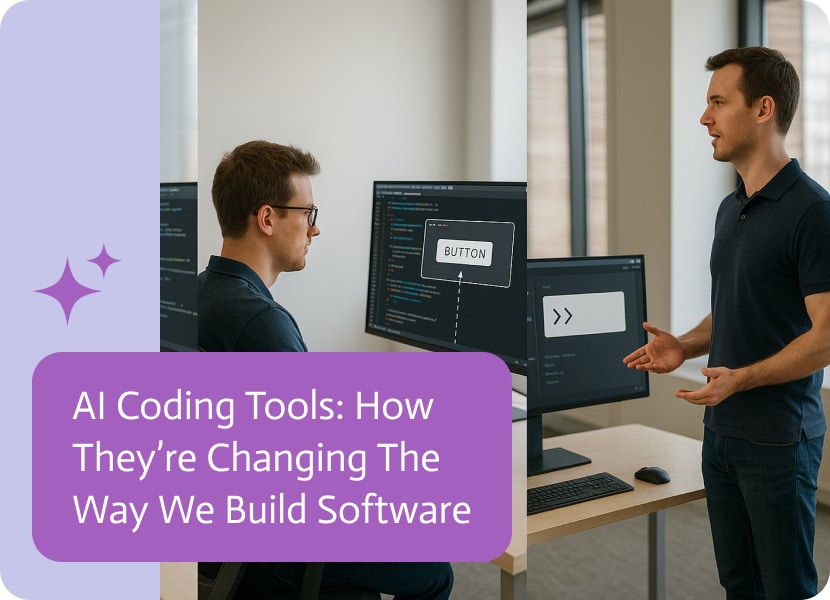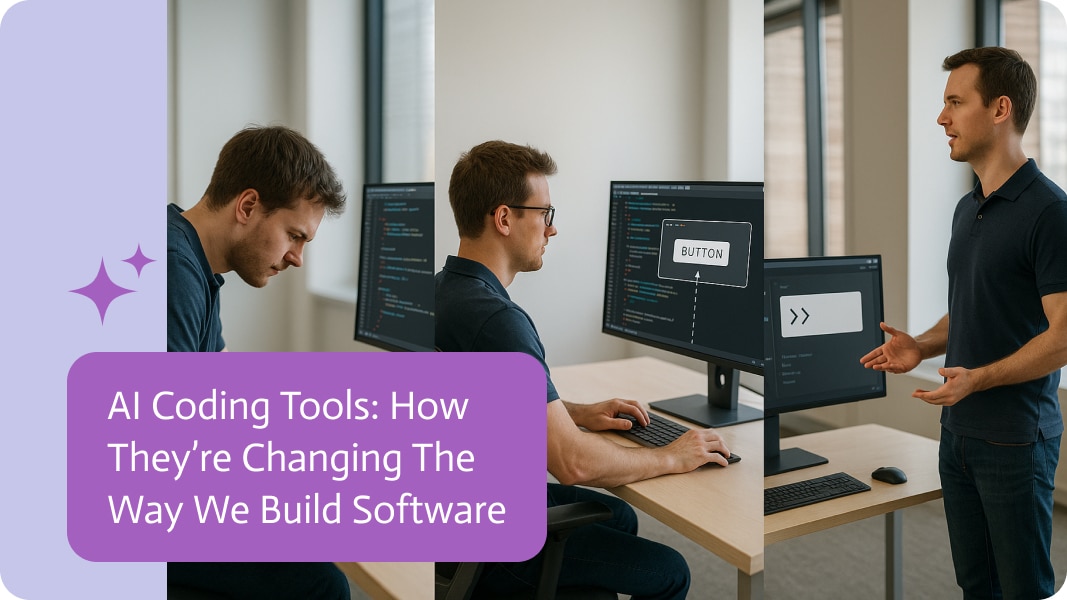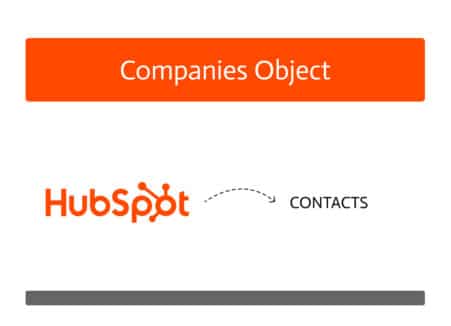

AI Coding Tools: How They’re Changing The Way We Build Software
Tech is changing everything, and software development is no exception. AI, once just a cool idea, is now a real part of coding. It’s changing how we build, maintain, and make apps better. Let’s look at these AI coding tools and how they’re helping developers, opening up app creation to more people, and making everyone more productive.
Smarter Help for Coders
One of the biggest changes is AI assistants that work right in the programs developers use (IDEs). These tools use machine learning to make coding easier and faster:
Faster Coding
Imagine typing a few words, and the AI suggests whole chunks of code that fit what you’re doing. Tools like GitHub Copilot, Amazon CodeWhisperer, and Tabnine do this. They guess what you’ll type next, finish lines of code, and even write whole functions based on simple instructions or code you already have. This speeds up coding, cuts down on boring tasks, and saves time.
Better Code Quality
AI tools also watch over your code, checking for more than just simple errors. Tools like DeepCode (now Snyk Code), Codiga, and CodiumAI (now Qodo) can automatically find bugs, security problems, and make sure your code follows the rules. This helps catch errors early, makes code easier to maintain, and ensures everyone follows the best practices.
Easier Debugging
Finding bugs can be a pain. AI coding tools can help. DebuGPT and similar tools give you real-time help and suggestions while you’re debugging, helping you figure out problems quicker. For making code better (refactoring), newer IDEs (like IntelliJ IDEA and VS Code) and other services use AI to suggest improvements, remove extra stuff, and clean up code so it’s easier to read and works better, without changing what it does.
These AI helpers are becoming essential for developers using all sorts of languages, like Python, Java, JavaScript, and Go. They make coding easier, more efficient, and less prone to errors.
Coding Without Code: AI to the Rescue
Besides helping professional developers, AI is also changing who can build apps. Platforms like Noca are making it so you don’t need to be a coding expert to create powerful applications. Noca is a no-code platform that uses AI to let you build apps by describing what you want and putting things together visually.
Noca’s Vibe Coding Prowess
Noca’s idea is to let you turn natural language and visual designs into real, working apps. It’s about letting anyone create, even if they don’t know how to code:
Visual Design
Noca uses an easy drag-and-drop editor. You design the app’s look, set up how it works, and manage data using a visual interface. You don’t have to worry about the complicated code underneath.
From Words to Apps
Noca’s AI really shines here. You can describe what you want in plain English, like how you want things to work, how the screens should look, or how data should move around. The AI figures out what you mean and turns it into the app logic and design. It’s like having a smart assistant who understands what you say and builds the app for you.
Smart AI
The AI doesn’t just do what you say; it also looks at the bigger picture. It considers who will use the app, what kind of data it will use, and the rules of your business. This makes sure the app is consistent, secure, and fits your needs, which reduces errors and makes the app solid.
What Noca Can Do
Noca is more than just a simple app builder. It has lots of features for building and automating apps for businesses:
- Apps for Everything: Noca can create apps for websites, phones, desktops, and even the backend services that power them.
- AI-Powered Automation: Noca can manage AI agents and automate processes across different systems. It can connect and automate things between CRMs (like Salesforce and HubSpot), ERPs (like Priority ERP), e-commerce platforms (like Shopify), and other important software, often without needing any coding. It creates smart workflows that can think and suggest what to do next.
- Data Management: You can design your data storage, connect to existing databases, and create dashboards to track trends and get business insights.
- Fast Development: Noca speeds up development by cutting down on coding. This means you can quickly create prototypes, make changes, and launch apps faster. It also has collaboration tools, version control, and permission settings to help teams work together.
- Security: Noca focuses on security, making sure apps built on its platform meet enterprise compliance and security standards.
Who Can Use AI No-Code Platforms?
Noca and similar platforms are great for:
- Regular Employees: People who know a lot about their business but don’t know how to code can build apps to solve problems.
- Small Businesses: Small businesses can create custom software quickly and affordably.
- Large Companies: Big companies can use these tools to speed up projects, automate processes, and free up professional developers for bigger tasks.
- Fast Prototypes: Anyone can use these platforms to quickly test ideas and create basic versions of apps before investing in full-scale coding.
The Future: Humans and AI Working Together
Software development is changing fast. AI coding tools, whether they’re assistants for developers or no-code platforms like Noca, are here to stay.
The goal isn’t to replace developers but to help them. By automating boring tasks, improving code quality, and making app creation more accessible, AI frees up people to focus on solving problems, designing creatively, and coming up with new ideas. The future of coding is about humans and AI working together to build better software for our digital world.


